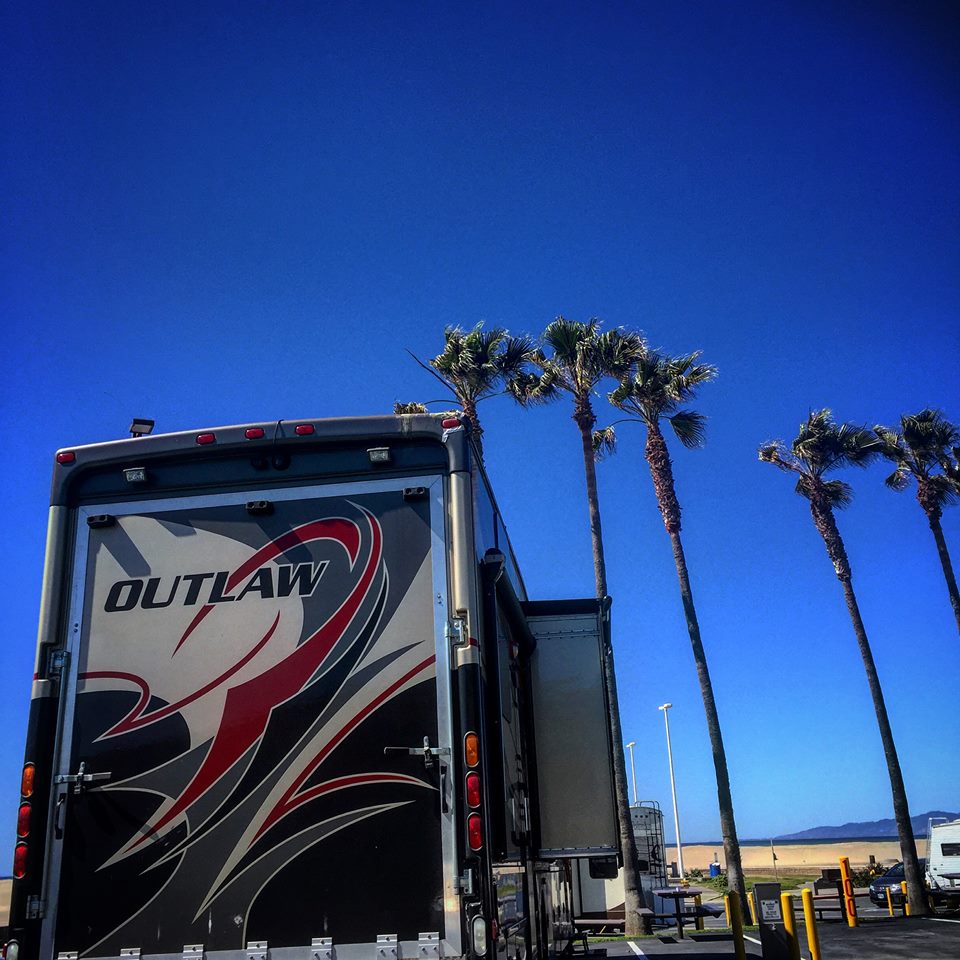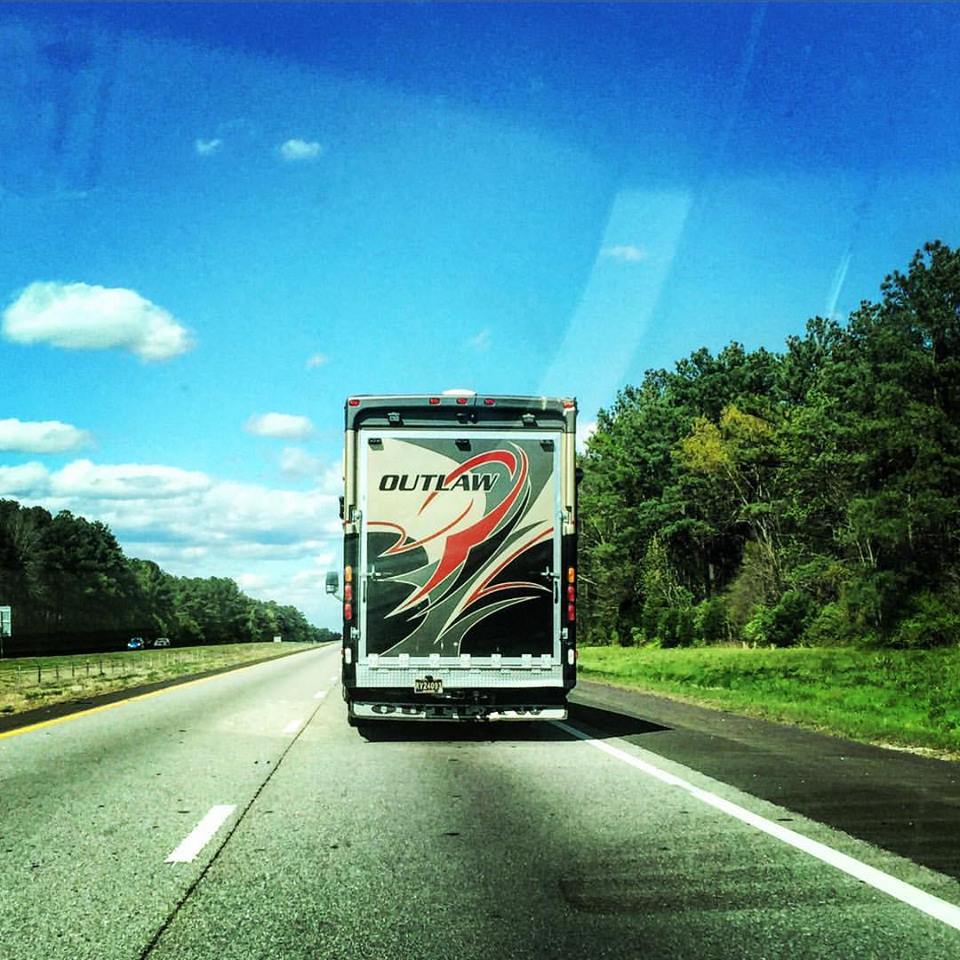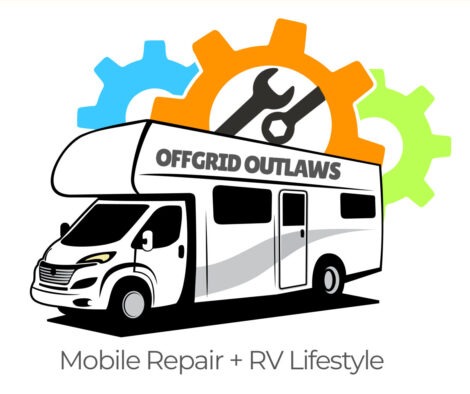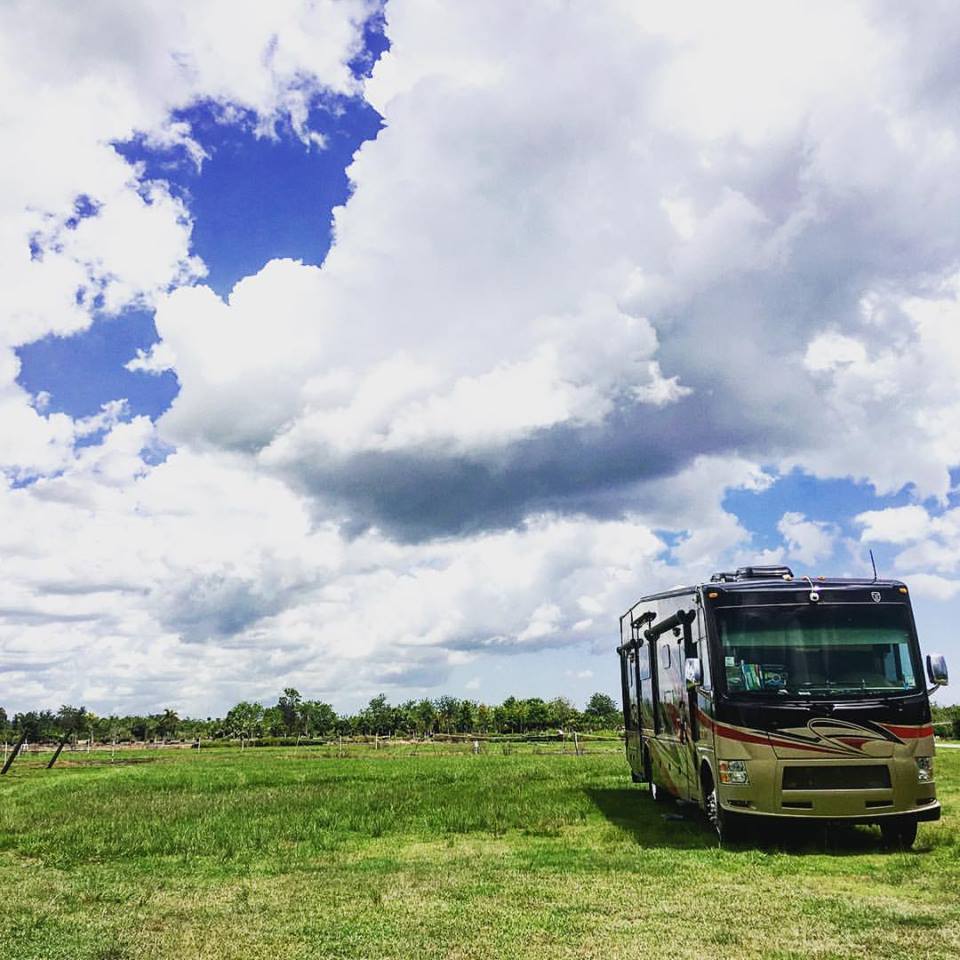**edit** If I had a dollar for everything that’s gone wrong (and right) with life “on the road”, I think we’d be millionaires! Truth is, life on the road can be daunting at first, and also very freeing. Before you go and give up your Brooklyn apartment like we did, I want to give you some tips and advice on getting started living “on the road”.
Whether road life to you means living in a class A motorhome like us, or living the simple van life – here’s some advice to get you started and out on the road with a PLAN in hand!
STEP ONE: RESEARCH!
What hooked my wife and I on life on the road in the first place was a simple YouTube documentary called “American Nomad“. What sparked my interest most about this doc, was that the people living in motorhomes were experiencing true freedom, and seeing this beautiful country and soaking up every minute of life. Everyone from retirees to snowbirds to runaways shared one thing in common – true freedom.
So, we started to research; if it was realistic for us to do, the issue of downsizing (which we’ll talk about later), and what kind of motorhome we felt comfortable in most.
We watched every blog we could find on the topic (one of our biggest inspirations came from our friends, Gone With The Wynns, and their amazing journey of life on the road and now on the water), did walkthrus of RVs at local dealerships, and really immersed ourselves in the process of planning out a life in a motorhome.
STEP TWO: WALKTHROUGHS
Once we figured out that we actually would be comfortable living in a mobile vehicle for the next few years, the next step was deciding WHICH motorhome type – travel trailer, class A, B, C, minivan, etc. We did some walkthroughs of really nice travel trailers, but ultimately found that most of them were poorly constructed, and not ideal for LONG TERM travel/residency.
Little did we know, this little tid bit applies to ALL motorhomes. We still tried to put ourselves in as many RV’s as we could locally to see which one worked best for our lifestyle. We settled on the THOR Outlaw for a few reasons – the floor plan allowed us to have our own space and separate rooms, construction on a bus frame was more solid and sturdy than we had seen in travel trailers, and the “garage” was a super bonus for us – we saw a mobile recording studio.
Some things we didn’t anticipate after “living” in the Outlaw:
- Gas VS. Diesel Engine- Gas engines take more of a beating and don’t last as long, nor are as well constructed as diesel engines.
- BUS frame vs. Diesel frame – Gas powered-buses are typically “pieced” together, whereas diesel frames are all one piece, thereby reducing cross winds, and are better for long term road (they’re also twice the price for everything – initial cost, maintenance, etc.)
- Solar power – Some motorhomes and travel trailers come equipped with solar power extensions – ours was not. We spent so much more extra cash setting up our bus; a lot of recent motorhomes already come with it, but our 2014 did not.
- Warranty and Roadside – This is one we could’nt have anticipated until we were actually in a problem. Well, since we bought NEW (more on that next), the issues we had to work out were more than a headache dealing with all of the different communication channels to handle simple warranty issues. Roadside assistance when it comes to motorhomes is non-existent, takes hours, and bottom line – they don’t really care about you or your situation. But, enough venting…

STEP THREE: TRY BEFORE YOU BUY
As first time home owners (let alone motorhome owners), we had no idea what we were doing. Hence why we did so much research. Had we talked to a few more people, we would’ve found that buying USED is way better than dealing with a NEW motorhome that comes with NEW problems that it’s up to YOU to fix and figure out – all within warranty.
We figured a NEW RV would have less problems – WRONG! They actually seem to have more. The benefit of buying used is that someone else already worked out all of the problems for you! All you have to worry about are maintenance and any new problems that arise – which the beautiful thing about that is you can (probably) call the previous owner and ask them questions. This is invaluable when a newbie. Having someone you can trust who knows about rv living first hand is few and far between in the RV world sometimes, and buying used helps with that somewhat.
STEP FOUR: DOWNSIZING
After we figured out what and when of purchasing our motorhome, the next step was figuring out how to fit all of our stuff from our (already small) Brooklyn apartment into our even smaller motorhome. So, we asked friends/relatives to help us store the stuff that absolutely wouldn’t fit, and some we ended up having to put into storage (until we worked on our offgrid tent property in the Blue Ridge Mountains). A few years later, we were able to move most, if not all, of our stuff from our friends/relatives into our mountain tent, and consistently are organizing and reorganizing the storage bays in our bus.
There’s definitely a learning curve and takes some getting used to, but once we figured out a groove, it’s been easy to keep it up. The hardest part of downsizing for us was figuring out what we NEEDED vs what we WANTED.

STEP FIVE: GETTING ON THE ROAD
We purchased our RV from LazyDays located in Jacksonville, FL. We did a walkthrough of the bus to make sure it was what we wanted, and our first test drive consisted of me almost running a truck over trying to u-turn a 40 ft bus, with the salesperson in the passengers seat almost having a heart attack.
After a few hours on the highway though, I was ready to rock and roll.
The trickiest part is navigating city and mountain terrain (also where a diesel would fair better).
So far, we’ve been across the country twice, spent a summer in Chelsea, NYC parked on the street (it’s legal to park one unit, 40 ft max, 8 ft wide), winter in California, been on two Warped Tours, and have plans to possibly visit a new place this winter – New Mexico.
The advantage of “van life” vs. “bus life” is that vans (due to their size) can travel and stay for free (up to 14 days some places), however life in a bus is more limited. There’s more planning involved (GPS navigation, BLM land, more on this in another blog), but the experience is still the same – experiencing true freedom.
In conclusion, if you’re serious about hitting the road and ditching your stationary home, consider these points before you get up and go, and you’ll have a much more simple transition to life “on the road”! Happy travels!
*Note: The above link will redirect you to our custom shopping page. Everything you purchase from that page helps us out a little in the cash department!

